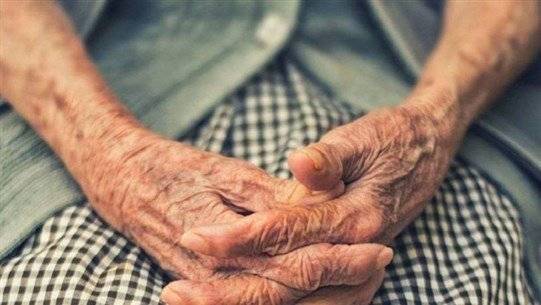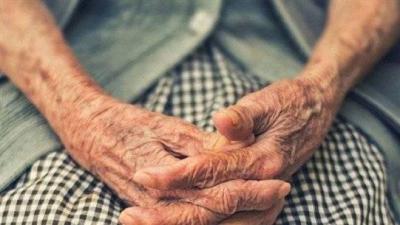The "International Federation on Ageing" and the International Labour Organization have released a report titled "A Cry of Hope and Pain," which presents the testimonies of the elderly in Lebanon, highlighting their struggles amid the absence of a comprehensive and adequate social protection system in the country. The report indicates that "the elderly have been severely affected by the crisis in Lebanon, and the rising rates of poverty and unemployment nationwide have made it extremely difficult for most people to meet their basic needs, greatly impacting the health and social status of the elderly," as noted by Sarah Abu Taha, the representative of the International Federation on Ageing in Lebanon.
It states that "with the collapse of the support and care systems that the elderly relied on in the past - whether through government programs, the private sector, non-governmental organizations, or family networks - many have found themselves without any source of income or forced to work even after retirement age." The report emphasizes that Lebanon "is facing an unprecedented complex crisis since 2019, including economic collapse, currency depreciation, the COVID-19 pandemic, and the Beirut port explosion in August 2020. This crisis has endangered the social security and mutual funds, causing retirees covered by these funds to suffer from the collapse of their compensation and savings that they have accumulated throughout their lives.”
The situation is significantly worse for the majority of elderly people who are not covered by any social security or mutual fund or private insurance policies and who rely solely on their children, families, and social networks to secure their basic needs. It was announced that "the elderly in Lebanon make up 11% of the country's population, with a life expectancy of 78 years for men and 82 years for women. Although this rate is the highest among Arab countries, Lebanon remains one of the weakest countries in the region in providing social protection for the elderly." Approximately 80% of the elderly in Lebanon rely on their families for financial support or on their savings, which have lost their value, if available. Most elderly people do not receive any pension or financial support from the state at all.
The institution affirmed that "the introduction of a non-contributory old-age pension guarantees a minimum income for all elderly people in Lebanon, contributing to a dignified living for those working in the informal sectors." It pointed out that "establishing such a system has become essential and should be adopted alongside reforms in the end-of-service compensation system in the National Social Security Fund, transforming it into a pension system for private sector workers, providing regular indexed payments to inflation and rising living costs throughout retirement."
### Testimonials from the Elderly
The report relies on "testimonies from 32 elderly individuals from various social backgrounds, including 24 Lebanese and eight Syrian refugees, comprising 18 women and 14 men, aged between 59 and 88 years, including individuals from Beirut, southern Lebanon, and Bekaa.” They convey in the report the difficulties they face due to the lack of a social protection system. They also express hope for the adoption of an old-age pension that aligns with the current capabilities of the country, similar to what is provided in many comparable countries, that is, those with low and middle incomes.
The report also presents the participants' views on access to healthcare services, the burden of the banking, financial, and economic crisis on the availability of services and resources, including medicines. It highlights the suffering of Syrian elderly people in Lebanon in terms of securing income and healthcare coverage, facing successive crises, and coping with declining international aid.




